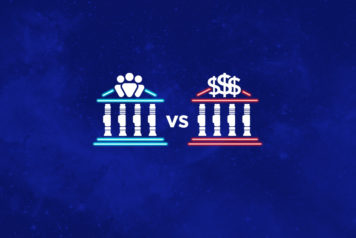Child Tax Credit: What You Need to Know
As part of the American Rescue Plan Act (ARPA) of 2021, the Child Tax Credit (CTC) for tax year 2021 will be significantly expanded. An estimated 38 million parents across the country will receive monthly checks or deposits from the Internal Revenue Service (IRS) starting in July until the end of the year.
The expansion of ARPA increased the existing maximum child tax credit to $3,600 for children under 6 and $3,000 per kid for children between 6 and 17. It also set up a framework for the IRS to prepay a portion of those funds over the final six months of 2021. The advance payments being sent to qualifying families from July through December will be equal to up to 50% of each family’s total Child Tax Credit.
This means eligible families will receive a total of $1,800 for children under age 6, or $300 a month per child from July through December, and a total of $1,500 for children ages 6-17, or $250 a month per child from July through December. In the past, parents would receive the credit as one lump sum at tax time.
Payment Schedule
The IRS says those payments will be scheduled to go out the 15th of each month, unless that date falls on a weekend or federal holiday. That means these are the six dates we should expect payments to go out this year:
- July 15
- August 13
- September 15
- October 15
- November 15
- December 15
Parents do not need to take action to receive your payments. Of course, taxpayers need to file their 2020 taxes, which were due on May 15, 2021. Filing electronically may speed up the receipt of the CTC payments.
Eligible taxpayers who do not want advance payments of the 2021 Child Tax Credit can choose not to receive them. This may apply to taxpayers who anticipate earning more in 2021 than in 2020, or who have primary custody of the child(ren) receiving the credit in 2020, but not in 2021. Visit the IRS website has for instructions on how to officially decline the advanced payments.
This article is for educational purposes only. WeStreet Credit Union makes no representations as to the accuracy, completeness, or specific suitability of any information presented. Information provided should not be relied on or interpreted as legal, tax or financial advice. Nor does the information directly relate to our products and/or services terms and conditions.


